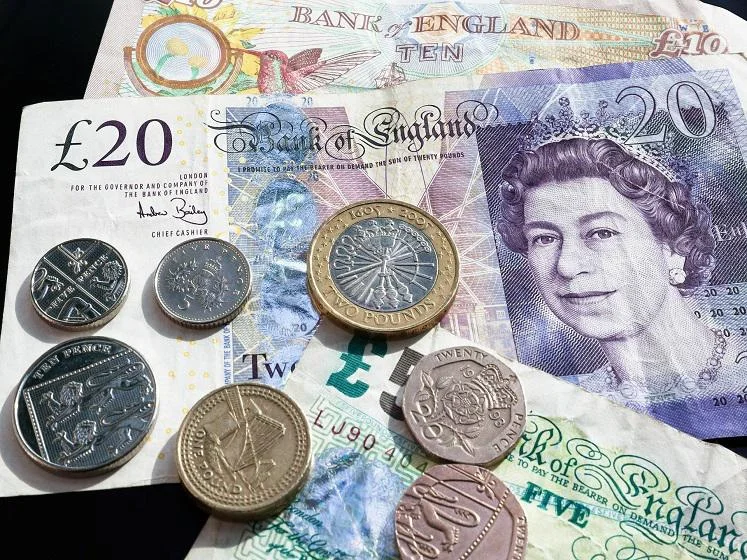Brexit hit to UK living standards

Leaving the EU will reduce UK living standards, new economic analysis of Brexit from the Centre for Economic Performance (CEP) warns.
The research finds that Brexit will mean a knock to the UK economy of up to £1,300 per person under a soft Brexit, and up to £2,500 per person under a hard Brexit.
Evidence on post-referendum trends in output, prices, trade, wages and investment shows that the UK is already paying a substantial economic price for its vote to leave the European Union.
Current Conservative proposals for future UK-EU relations to be based on a free trade agreement would be between a third and a half more costly than Theresa May’s deal or a soft Brexit, the analysis finds. Any Labour plans that maintained closer trade relations with the EU than the Conservative deal would lead to better economic outcomes.
The report finds that from an economic perspective, the best policy would be to cancel Brexit. If Brexit goes ahead, policy should focus on prioritising a deep trade deal with the EU, putting services trade, labour and investment high on the negotiating agenda and mitigating the economic impact of Brexit on local areas and workers.
Dr Swati Dhingra, associate professor of economics at the CEP and joint author of the report, said that it would be important to monitor closely the effects of Brexit on different places.
"Immediate losses are expected to be bigger in London and the South East of England. All areas in Britain are predicted to face some form of economic loss from Brexit, and recovery might be more difficult in areas that are poorer to begin with.
"Policy action will be needed to ease the burden on lower income regions and individuals who are already starting to feel the pain of reduced real earnings since the EU referendum."
Dr Thomas Sampson, associate professor at CEP and joint author of the report, added that it was a priority to pursue trade deals with the EU before looking elsewhere.
"Substantial losses are expected from increased trade barriers with the EU, even if the UK pursues a policy of seeking new trade agreements outside the EU.
"If Brexit goes ahead, the government should prioritise trade deals with its largest trade and investment partners. That means putting the EU first before looking for deals with the United States or any other countries.
"The Brexit vote has already made households worse off by reducing growth and raising the cost of living. and there is growing evidence that Brexit is reducing business investment, which is bleak news for hopes of future productivity growth."
The report also finds that UK GDP is estimated to be around 2% or £43 billion lower because of the vote to leave the EU. The depreciation of sterling caused by the referendum result increased consumer prices by around 2.9%, costing the average UK household £870 pounds per year.